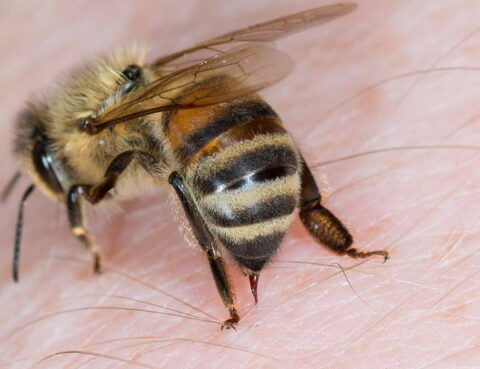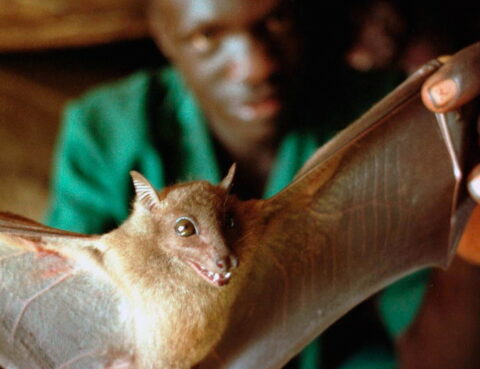
Human papillomavirus. HPV is one of the common causative agents of sexually transmitted infections (STIs). HPV is transmitted mainly through sexual contact and leads to the appearance of papillomas on the skin, genitals, anus, mouth and throat. As a rule, the virus completely disappears from the body in 1–2 years without special treatment. Sometimes human…

Brucellosis is a zoonotic infectious-allergic disease transmitted from sick, mainly farm animals to humans. The causative agent of the infection is brucella. The main sources of infection for humans are sheep, goats, cattle and pigs. Ways of human infection: contact route – through contact with a sick animal or raw materials and products of animal…

MEASLES is an extremely contagious infectious disease of a viral nature, characterized by a rise in body temperature, general intoxication, inflammation of the mucous membranes of the eyes and upper respiratory tract and the gradual appearance of the rash. Measles virus The measles virus is very volatile, but is unstable in the external environment: it…

From 11 to 17 November 2023, Belarus will celebrate World Antimicrobial Resistance Awareness Week (formerly World Antimicrobial Stewardship Week). This problem affects us all. It poses a threat to humans, animals, plants and the environment. That’s why the campaign’s slogan for 2023 is to call for cross-sector collaboration to preserve the effectiveness of these life-saving…

Today, state and social institutions around the world consider the non-medical use of drugs as a great evil, which they are trying to limit in every possible way, including legislation and with the help of law enforcement agencies. There are several reasons for general concern. Firstly, drug addiction extremely actively contributes to the degradation of…

Coronavirus infection Coronavirus infection is an acute disease caused by viruses of the Coronavirus genus, primarily affecting the upper respiratory tract. The reservoir and source of infection is a sick person. The period of contagiousness of the patient is indefinitely long. The natural susceptibility of people is high; all age groups of the population are…

Memo for the population Meningococcal infection occupies an important place in infectious pathology and continues to remain relevant for the Republic of Belarus. This is determined by: the ease of spread of the disease, mainly through airborne droplets – when coughing, sneezing, talking, or with sufficiently close and prolonged communication; the primary symptoms of meningococcal…

Reminder for insect bites Mosquito bite. Usually mosquitoes and their bites are not taken seriously, but in vain! Mosquitoes can carry pathogens of infectious diseases, so if you notice a mosquito bite on yourself or your child, quickly treat it with brilliant green or alcohol. To prevent an allergic reaction, use antihistamines, which you should…

Ebola fever Ebola fever is an acute viral highly contagious infectious disease with a mortality rate of up to 90%. The causative agent of Ebola fever is an RNA genomic virus of the Filovirus genus of the Filoviridae family. The Ebola virus was discovered in what is now the Democratic Republic of the Congo in…

Malaria Malaria is a life-threatening disease caused by parasites that are transmitted to people by the bite of infected mosquitoes. In addition, this disease can be transmitted to the fetus from the mother, during a blood transfusion or through contact with the blood of an infected person. Malaria is most common in tropical climates, especially…
